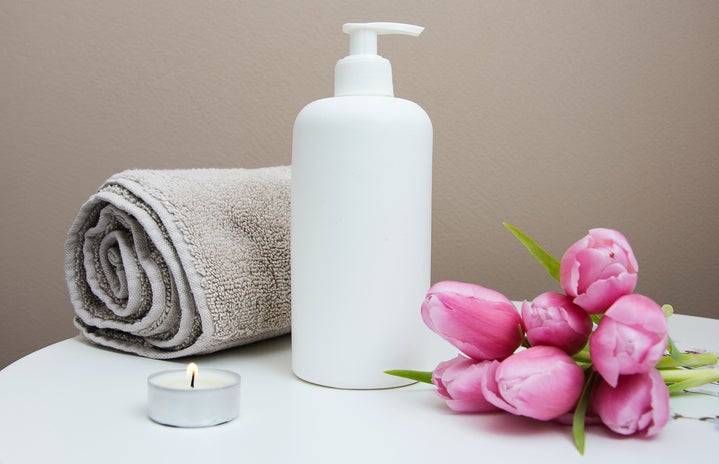Arguably every college student, or person in America, can think of someone they know who has a tattoo. Yet there is still so much stigma around the people who get inked. As a 19-year-old with eleven tattoos (and counting!), I’ve experienced negative reactions from traditionalists who believe a little bit of ink causes a lot of problems. Why is this the case?
A Harris poll in 2012 found that nearly 40 percent of young people aged 18 to 29 have at least one tattoo. That’s almost half of the millennial population. So why do those of us with tattoos still experience job discrimination and judgment? In my experience, we really don’t. I haven’t had any trouble getting jobs (with four visible arm tattoos and four visible leg tattoos) and no one has ever told me my tattoos were inhibitors in any way. In fact, the only people who give me crap about my tattoos are older folks, with and without tattoos. Whether they’re projecting the stigma they faced as youth with tattoos or fearing for something that doesn’t really exist in today’s society, the kind of negativity people tend to threaten tattooed folk with has yet to affect me.
While I do receive off-handed comments about my tattoos from some people, especially my parents’ age, it’s never “tattoos are bad.” In fact, I receive a lot of compliments on my tattoos. While eleven tattoos in one year is extreme, all of my tattoos are pieces of art I want on my body, regardless of others’ opinions. Although my parents are supportive of my tattoos (and even signed for me to get one before I turned 18), they won’t “encourage me” to get more by giving parlor gift cards for holidays or saying they love any of my tattoo ideas. Only once it’s already on my body will my parents tell me they like my tattoos. It’s a weird generational gap that causes my parents to believe my tattoos will become complications. That said, I’ve had many professional influences with visible tattoos and even “edgy” facial piercings such as nose, lip, and eyebrow piercings, or gauges.
The reaction to my tattoos by peers and professors is overwhelmingly positive. Why, then, are people so concerned about how my tattoos will affect me later in life? I am especially sick of people telling me I’ll regret them when I’m older. Maybe I will. So what? I love them now and when I’m old, I’ll be able to look back on them as a reflection of how I chose to express myself at 19. I understand the permanence of tattoos and it doesn’t scare me. At the risk of sounding pretentious, how I decorate my body does not dictate how I conduct my life, personal or professional. My body mods do not make me a different person.
I know that some people have a negative stigma about tattoos. But even more people think they’re cool and think I’m cool because of them. And while I may eventually experience discrimination for my tattoos, it’s no more than I’ve already experienced being a fat, Jewish woman. I love all of my tattoos and can’t wait to get more. If someone doesn’t want to hire me because of my tattoos, it’s probably not an atmosphere in which I want to be working. And with 1 in 5 adults having tattoos (a number which is constantly rising), eventually businesses won’t be able to afford to not hire people with tattoos.
If you’re thinking of getting inked, don’t let older generations scare you out of it. At 19, I’ve worked a handful of prestigious jobs, none of which have punished or refused me for my tattoos. If you plan on being a professional in the modern world, tattoos can’t let you get in the way of succeeding. If your tattoo is the reason you don’t get hired, then your interviewer isn’t adequately considering you as a candidate. Tattoos don’t make you incapable. Stay true to yourself, be confident, and other people will realize you are a qualified professional regardless of your aesthetic expression. Tattoos are not indicative of qualification, ability, or professionalism and this is being seen in the modern workforce.

